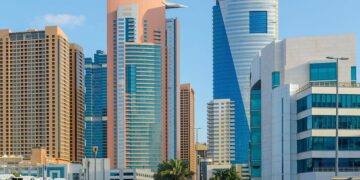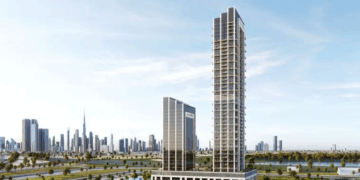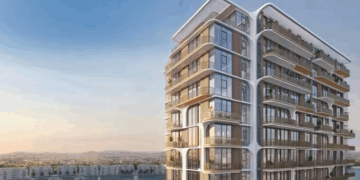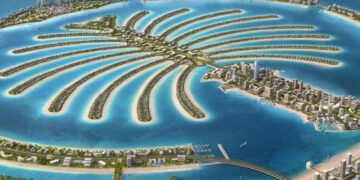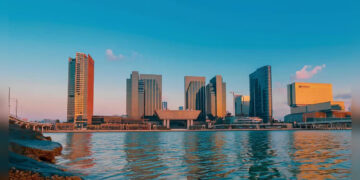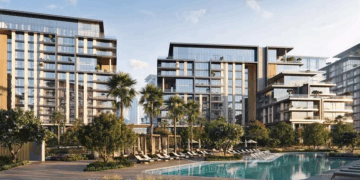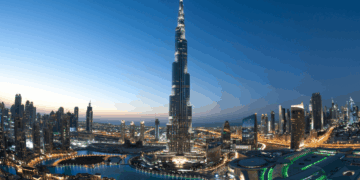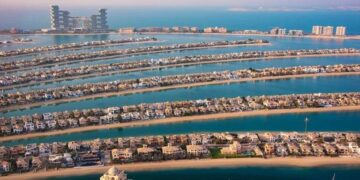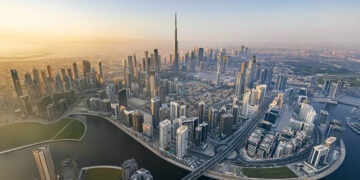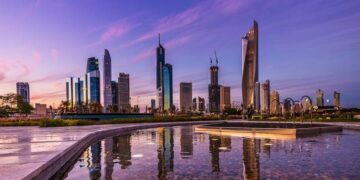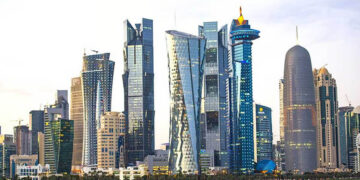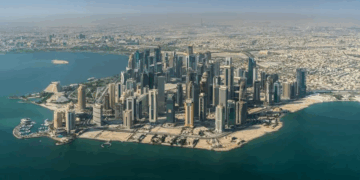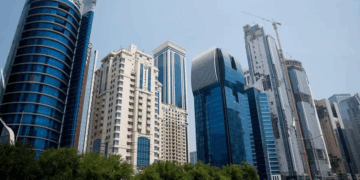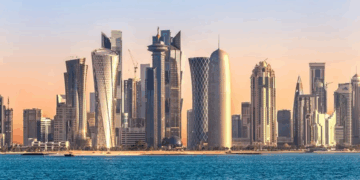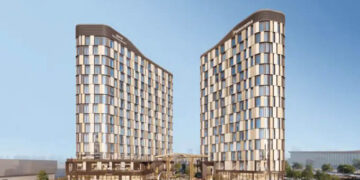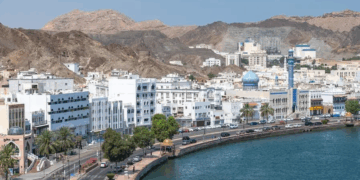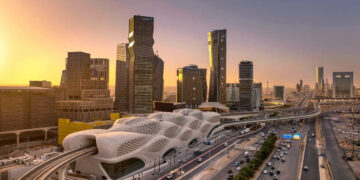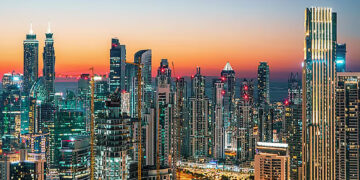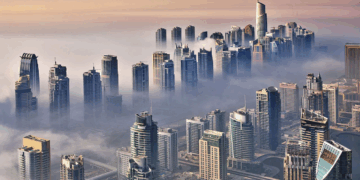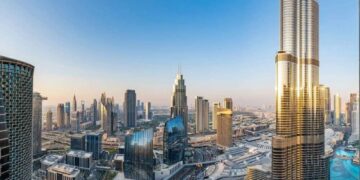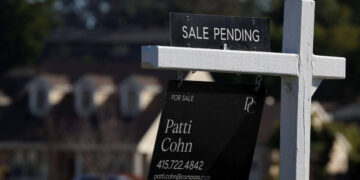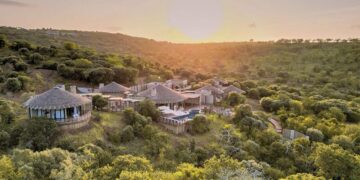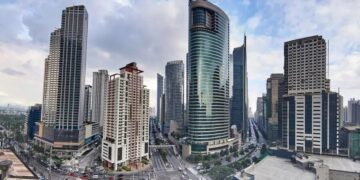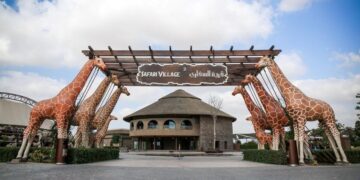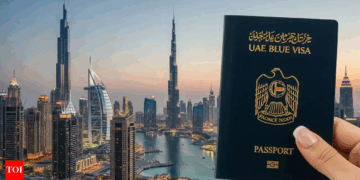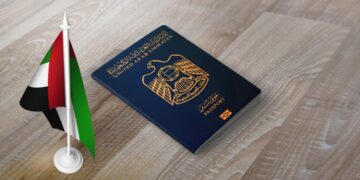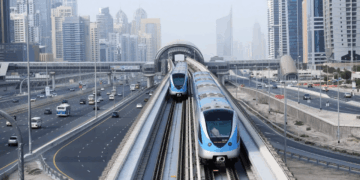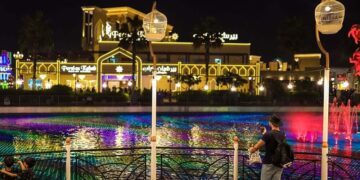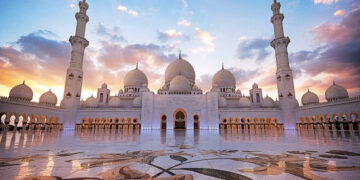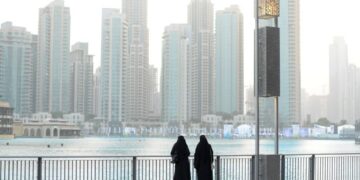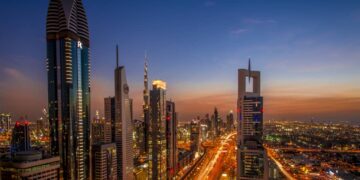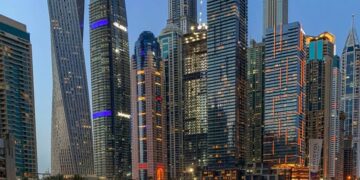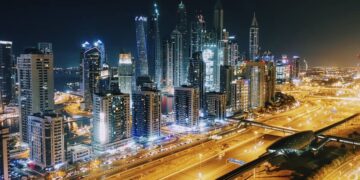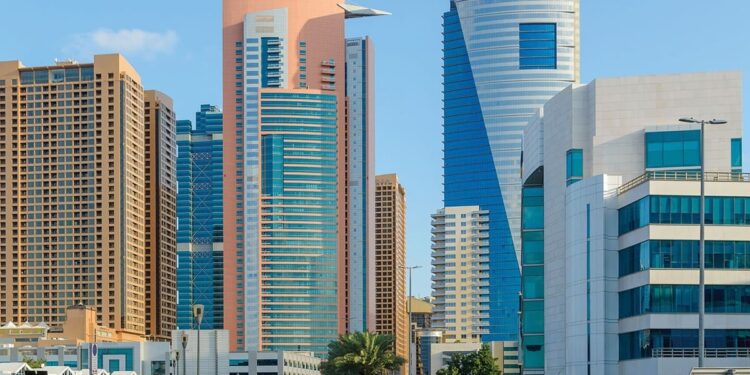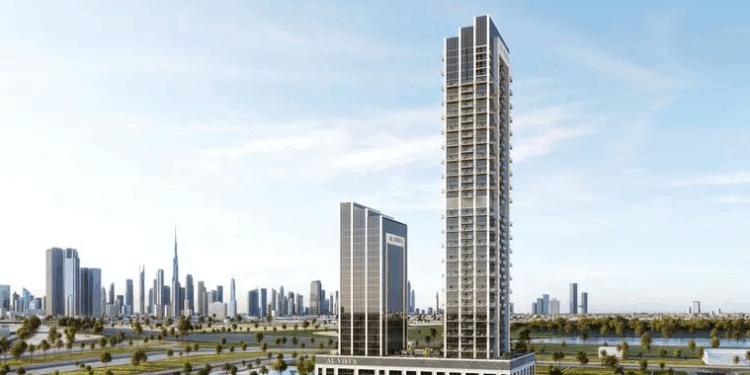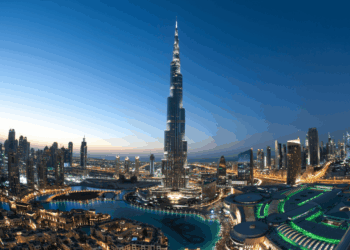Dubai office market continues to show a strong foundation with increasing demand, increasing employment and dynamic changes in dynamic market behavior, according to Dubai Office’s latest market in protocols.
The Emirate has entered a new phase of growth. This is characterized by rising rental price levels, lower seats available, and increased competition for first-class commercial spaces, Savills said.
In the first quarter of 2025, Dubai recorded an average growth of 45% compared to the previous year’s rentals.
Dubai office market
Important business districts such as DIFC, Business Bay, Downtown Dubai and Tecom have been achieved particularly well, with DIFC’s occupancy reaching 98%.
As a result, road-level rooms in GRAD A wells are increasingly needed by both local and international occupations.
At the same time, Dubai recorded an effective employment expense increase of 4.9% in the first quarter of 2025, as stated in the Savills Global Cost Benchmark Report.
Important business districts such as DIFC, Business Bay, Downtown Dubai and Tecom have been achieved particularly well, with DIFC’s occupancy reaching 98%.
As a result, road-level rooms in GRAD A wells are increasingly needed by both local and international occupations.
At the same time, Dubai recorded an effective employment expense increase of 4.9% in the first quarter of 2025, as stated in the Savills Global Cost Benchmark Report.
Toby Hall, Head of Commercial Agency at Savills Middle East, said: “This growth reflects confidence in Dubai’s long-term positioning. Companies are looking at Dubai not just as a regional base, but as a global node for innovation, finance, and enterprise.
“The rise in rents and costs mirrors the demand for quality and the limited availability of premium space.”
Core sectors such as financial services, consulting, technology, and media continue to drive demand, accounting for more than half of Savills transactions in the first quarter.
Smaller, more agile enterprises are also becoming more active, particularly in sub-markets that provide value and accessibility, such as Dubai South and Expo City.
The Dubai Chamber of Commerce welcomed 70,500 new companies in 2024, representing a 4.6% increase year on year and indicating rising confidence in the economic environment.
As new entrants want flexible, well-connected, and high-quality workplaces, many are turning to serviced office operators, who are expanding into community-centric and mixed-use settings.
While the supply of Grade A stock in established areas remains tight, landlords are responding proactively by offering more personalized leasing terms, improved facilities, and refurbishment initiatives to match changing occupier expectations. Some strata landlords in Business Bay, for example, are already charging rents comparable to DIFC, highlighting the overall increase in perceived value throughout submarkets.
Lease renewals remain a popular choice for many firms, particularly those outside the DIFC, where RERA rental safeguards provide further stability in an ever-increasing cost environment.
Employees also see how the space is used and prioritize functional layout, optimization and long-term adaptability compared to vast floor slates or detailed equipment.
Considering the requirements, there is already most of the previous knowledge that is important, but the pipeline has new office developments.
This shows that sustainable market trust and competition for high-quality spaces will continue to be a central topic by 2025.
Hall said: “Dubai’s office market is evolving, not tightening. The data shows growing maturity, where rental increases reflect sustained interest, strong business fundamentals, and a shifting view of Dubai as a long-term destination for global enterprise.”
